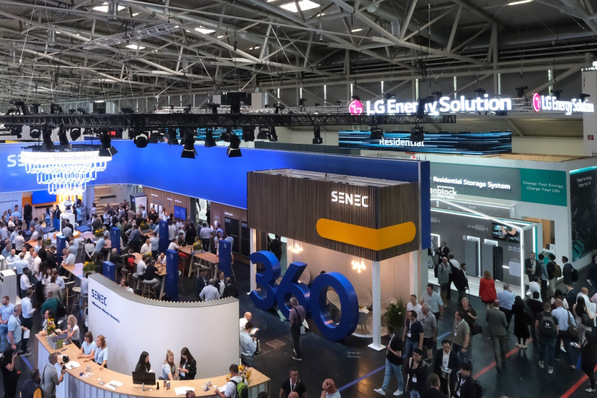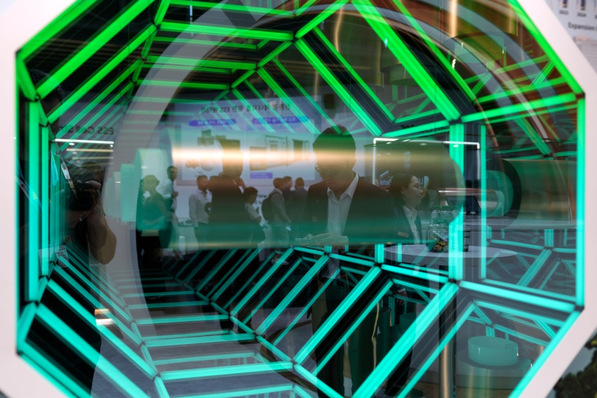After four years of research, an innovative project led by the Varta Group has produced important results: ‘The EU-funded Eco2Lib project has made great progress in the development of lithium-ion batteries, which we didn't think was realistic just four years ago,’ says Varta CTO Rainer Hald.
More storage units thanks to silicon-based materials
A key result of the project is the development of battery cells in the 21700 format, which will be used primarily in electromobility and home storage systems in the future. Particularly noteworthy is the newly developed silicon anode, which enables a significant increase in capacity of more than 40 per cent compared to conventional graphite anodes.
See also: Varta launches gigafactory for energy storage
More specifically, the use of next-generation silicon-based materials not only massively increases the energy density of the batteries, but also achieves a stability of over 1,000 cycles.
Already integrated in home storage systems
This means that the batteries can store more energy and last longer at the same time. In addition to battery quality, the recycling process was also optimised as part of the project. At the end of the batteries' life cycle, the materials can be recycled more efficiently. This lowers the cost of manufacturing new cells and reduces the amount of material required.
Also interesting: New research into sodium-ion batteries launched
The technologies developed in the EU project will be directly incorporated into the development of new generations of lithium batteries in various cell formats in the future. They have already been integrated into the Vartawall home storage system, explains the company. (nhp/mfo)








